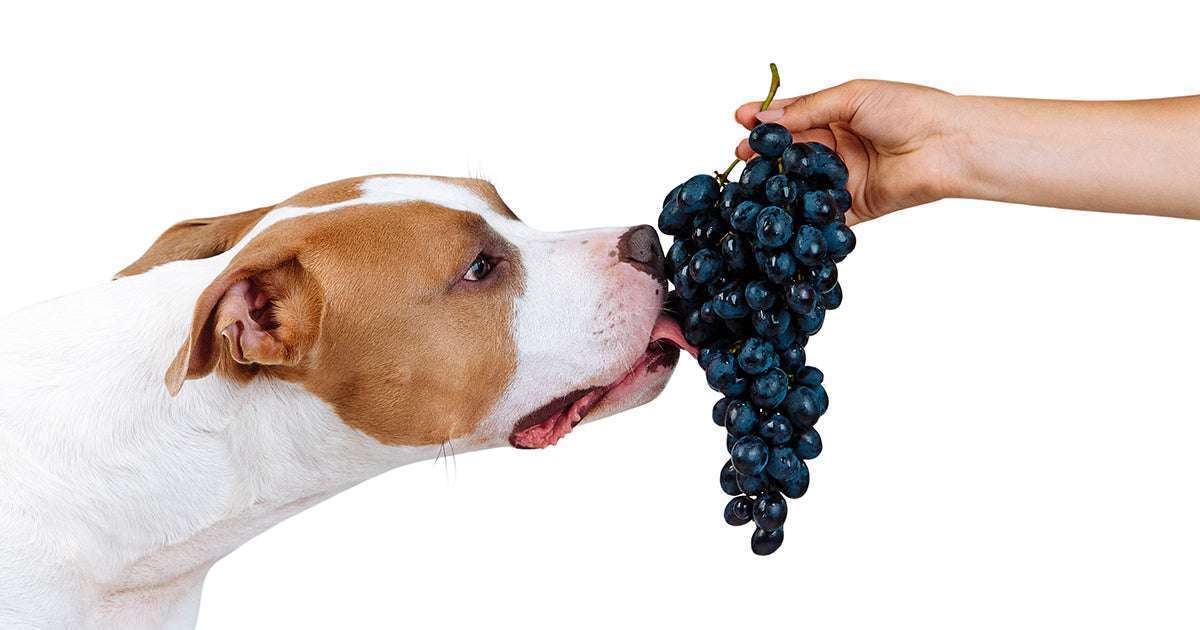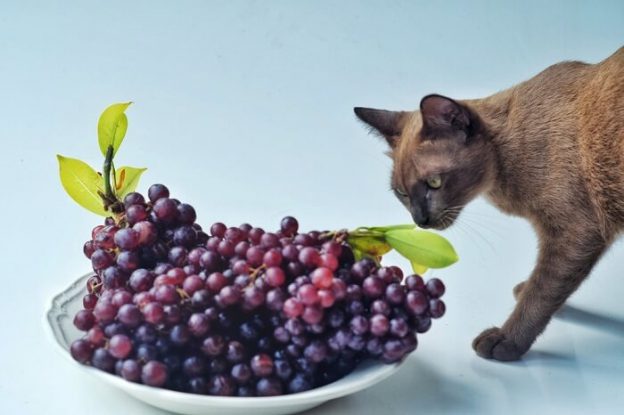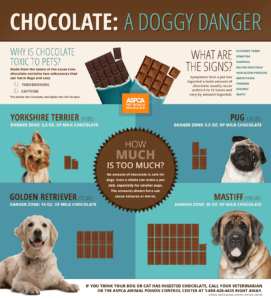When it comes to feeding puppies human food, there are certain guidelines that should be followed. In this article, we will explore the dos and don'ts of feeding people food to puppies, ensuring their health and well-being.
Key Takeaways:
- Do consult with a veterinarian before introducing human food to your puppy's diet.
- Don't feed puppies certain foods like chocolate, grapes, onions, or garlic as they can be toxic to them.
- Do introduce new foods gradually to prevent digestive issues and monitor for any allergic reactions.
- Don't give in to the temptation of feeding your puppy table scraps regularly as it can lead to obesity and nutritional imbalances.
- Do prioritize a balanced and age-appropriate diet for your puppy, consisting of high-quality commercial puppy food recommended by professionals.
The Dos and Don'ts of Feeding Human Food to Puppies
Do: Offer Small, Bite-Sized Pieces of Puppy-Friendly Foods
When sharing your food with your puppy, it's important to offer them small, bite-sized pieces that are easy for them to chew and digest. This reduces the risk of choking or stomach discomfort. Good options include cooked chicken, turkey, or lean beef without any seasoning.
Another safe and healthy option is steamed vegetables like carrots or green beans. These can be cut into small pieces and given as treats. Just make sure to avoid any seasonings or sauces that may contain harmful ingredients for puppies.
Don't: Give Your Puppy Foods High in Sugar or Salt
Avoid giving your puppy foods that are high in sugar or salt. These can be harmful to their health and may lead to obesity, dental problems, or other health issues. It's best to stick to natural, unprocessed foods when sharing with your puppy.
Foods like chocolate, candy, chips, or other salty snacks should never be given to puppies as they can be toxic and cause serious harm. It's important to keep these foods out of reach from curious puppies.
Why You Should Be Cautious When Giving People Food to Puppies
While it may be tempting to share your delicious meals with your adorable puppy, it's crucial to exercise caution when giving people food to puppies. Puppies have different nutritional needs compared to humans and certain human foods can be dangerous for them.
Puppies have sensitive digestive systems that are still developing. Introducing unfamiliar foods can upset their stomachs and lead to diarrhea or vomiting. Additionally, some human foods contain ingredients that are toxic to dogs and can cause severe health problems or even be fatal.
Safe Foods for Puppies: What Can They Eat from Our Plates?
There are several human foods that are safe and suitable for puppies to enjoy in moderation. These include:
- Cooked lean meats like chicken, turkey, or beef
- Steamed vegetables such as carrots or green beans
- Plain cooked rice or pasta
- Small amounts of plain yogurt or cottage cheese
It's important to remember that these foods should only make up a small portion of your puppy's diet and should not replace their regular puppy food. Always consult with your veterinarian before introducing new foods into your puppy's diet.
Harmful or Toxic Foods for Puppies: What to Avoid
There are several common human foods that can be harmful or toxic to puppies if ingested. It's crucial to keep these foods out of reach and avoid giving them to your furry friend. Some examples include:
- Chocolate: Contains theobromine, which is toxic to dogs
- Grapes and raisins: Can cause kidney failure in dogs
- Onions and garlic: Can damage red blood cells and lead to anemia
- Avocado: Contains persin, which is toxic to dogs
If you suspect that your puppy has ingested any of these harmful foods, it's important to contact your veterinarian immediately for guidance.
Ensuring Suitable and Healthy Food for Your Puppy
To ensure that the food you offer your puppy is suitable and healthy, it's essential to follow these guidelines:
1. Choose high-quality commercial puppy food recommended by your veterinarian.
2. Read the labels carefully and look for a balance of protein, fats, carbohydrates, vitamins, and minerals.
3. Avoid foods with artificial preservatives, colors, or flavors.
4. Provide fresh water at all times to keep your puppy hydrated.
5. Feed your puppy according to their age, size, and breed-specific recommendations.
By following these guidelines, you can ensure that your puppy receives the proper nutrition they need for healthy growth and development.
Puppy Diets: Leftovers from Our Meals - Yes or No?
It's generally not recommended to feed puppies leftovers from our meals. While it may seem like a convenient way to avoid food waste, it can be harmful to your puppy's health.
Leftover foods often contain seasonings, sauces, or ingredients that are not suitable for puppies. Some foods may be too spicy, fatty, or high in sodium, which can cause digestive issues or even pancreatitis in puppies.
To keep your puppy safe and healthy, it's best to stick to their regular puppy food and only offer them small portions of puppy-friendly human foods as occasional treats.
Introducing New Foods to Your Puppy's Diet: Things to Consider
Before introducing new foods into your puppy's diet, there are a few important factors to consider:
- Consult with your veterinarian: They can provide guidance on what foods are safe for your specific puppy based on their age, breed, and health condition.
- Introduce new foods gradually: Start by offering small amounts of the new food mixed with their regular puppy food. Monitor their reaction and make sure they tolerate it well before increasing the portion.
- Watch for any adverse reactions: Keep an eye out for any signs of allergies or digestive upset such as vomiting or diarrhea. If you notice any negative reactions, stop feeding the new food immediately and consult with your veterinarian.
By taking these precautions, you can safely introduce new foods into your puppy's diet without risking their health.
Guidelines and Portion Sizes for Offering People Food to Puppies
When offering people food to puppies, it's important to follow these guidelines and portion sizes:
- Offer small, bite-sized pieces that are easy for your puppy to chew and digest.
- Limit the amount of people food to no more than 10% of their daily calorie intake.
- Avoid giving foods that are high in sugar, salt, or harmful ingredients.
- Monitor your puppy's weight and adjust portion sizes accordingly to prevent obesity.
Remember, the majority of your puppy's diet should consist of a balanced commercial puppy food recommended by your veterinarian. People food should only be given as occasional treats in moderation.
Training Yourself and Your Family in Proper Puppy Feeding Rules
To ensure that everyone in your family is aware of the proper rules for feeding puppies human food, here are some tips:
- Educate yourself: Learn about safe and harmful foods for puppies so you can make informed decisions.
- Set boundaries: Establish clear rules with your family members about what foods are off-limits for puppies.
- Lead by example: Show your family how to properly offer small portions of puppy-friendly human foods as treats.
- Communicate with guests: Inform visitors or guests about the rules regarding feeding your puppy and ask them not to offer any human food without permission.
By training yourself and your family members in proper puppy feeding rules, you can ensure the health and well-being of your furry friend.
| Dos | Don'ts |
| 1. Gradually introduce solid food. | 1. Don't feed puppies with chocolate or caffeine. |
| 2. Offer a balanced diet with appropriate nutrients. | 2. Don't give bones or cooked fatty meats. |
| 3. Provide fresh water at all times. | 3. Avoid feeding large quantities of human food. |
| 4. Feed smaller, frequent meals to avoid overeating. | 4. Don't use harsh discipline during mealtime. |
Is it OK to feed puppies people food?
Consuming human food can cause digestive issues for dogs as it is often too rich and fatty for them to digest properly. This can result in symptoms such as vomiting, diarrhea, and potentially more serious conditions like pancreatitis. Additionally, many human foods have excessive amounts of sodium, which is not healthy for dogs.
Can I share my food with my puppy?
If you happen to consume the internal parasites we mentioned earlier, they can enter your vital organs and lead to significant health problems. It is no surprise that the British Veterinary Association strongly advises against sharing food due to concerns over the health of both pets and humans.
Can I feed my dog human food instead of dog food?
Dogs can safely consume many human foods that are nutritious for them. However, it is important to feed them in moderation as consuming large quantities can cause health problems. It is advisable to consult a veterinarian before giving human foods to dogs, especially those with diabetes.
What human food is okay for dogs?
It is not recommended to feed dogs any meat that is overly seasoned with salt, onions, or garlic. However, dogs can safely consume wheat and other grains. Being grain-free is not necessary for dogs, as grains like wheat and corn provide important nutrients such as protein, essential fatty acids, and fiber.
Can puppies eat scrambled eggs?
Absolutely! Puppies can consume cooked eggs, as long as they are cooked completely. Cooked eggs are a fantastic treat for puppies as they provide a valuable and effective source of protein, linoleic acid, and Vitamin A. They often contribute to maintaining the health of dogs' skin and fur.
Can puppies eat hot dogs?
Hot dogs are not a suitable option for dogs due to their unhealthy additives. If you want to treat your dog at a cookout, it is recommended to give them plain beef, pork, or chicken without any salt or seasoning.
















